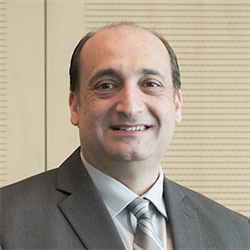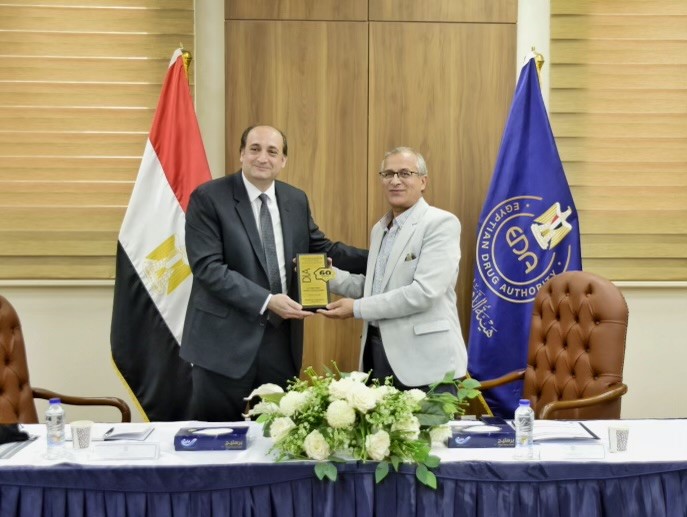DIA President and Global Chief Executive
ouples in the UAE can voluntarily donate their DNA and a clinic will analyze it to identify any genetic susceptibilities to preemptively derisk potential health issues in their families. Before they commit to a partnership, they can ensure their compatibility not only on an emotional level but on a genetic level, and “derisk” potential health issues in their children.

DIA President and CEO
I collected this and other insights during a recent tour of the Middle East and Africa that surfaced numerous opportunities to help patients through DIA’s members, network, initiatives, and collaborations.
DIA’s strategy for growth focuses on three primary, related objectives: investing in our foundation, protecting and expanding our core, and diversifying into new areas. Under the “protecting” and “diversifying” objectives, our team aimed to engage with several countries in the Middle East and Africa that are transforming their healthcare systems.
In Egypt, a country of 110 million people in need of innovative healthcare and a crucial gateway between the Middle East and Africa, we met with industry, academic, and government officials, several universities, pharmaceutical companies, and the Egyptian FDA (EDA), where we engaged with their leadership and the Minister of Health and his staff to cultivate relationships and demonstrate our commitment to expanding our education and networking presence in the region. These visits helped secure regional regulatory support for our Middle East and North Africa (MENA) conference in Egypt this November, to bring together industry, academia, and government to benefit patients there.

In the Sultanate of Oman, we met the head of the Directorate General of Pharmaceutical Affairs and Drug Control, who expressed interest in hosting our 2025 annual conference in the Middle East.
All these nations are interested in transforming their healthcare systems and in attracting pharmaceutical, medical device, and diagnostic business. They see DIA as a partner, and DIA conferences as a means to attract investment that benefits their people: A win-win for everyone.
A common theme across all our visits: Each country is actively transforming its healthcare system and recognizes DIA—a neutral, nonprofit organization with 60 years of experience—as a valuable partner for building capacity, enhancing their government entities in the pharmaceutical and medical device sectors, and supporting their healthcare transformations.
In this region, building personal connections, even simply shaking hands, is paramount. As it is at DIA, and for patients everywhere.

